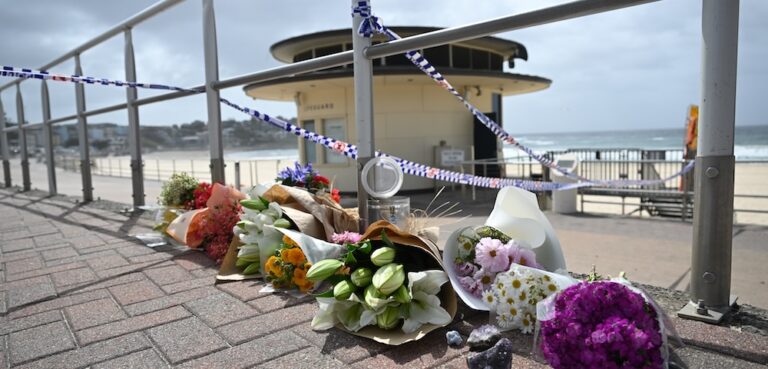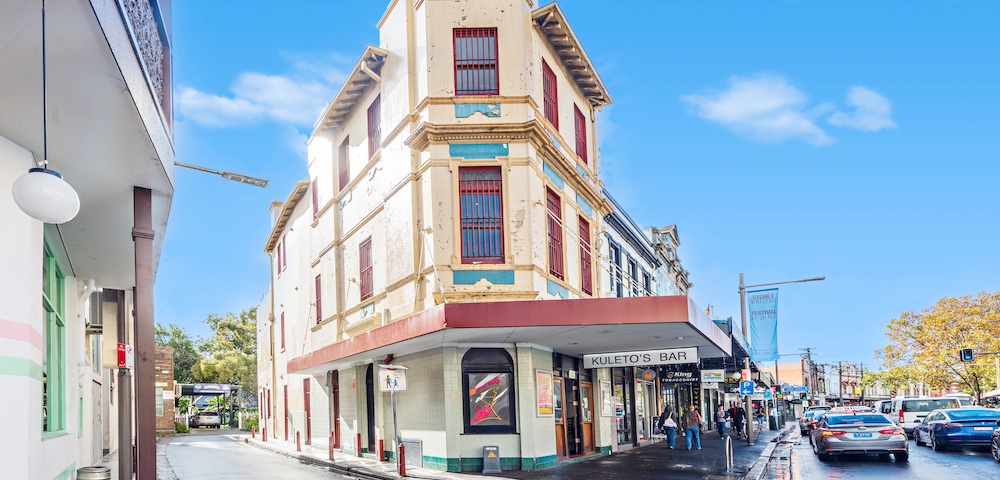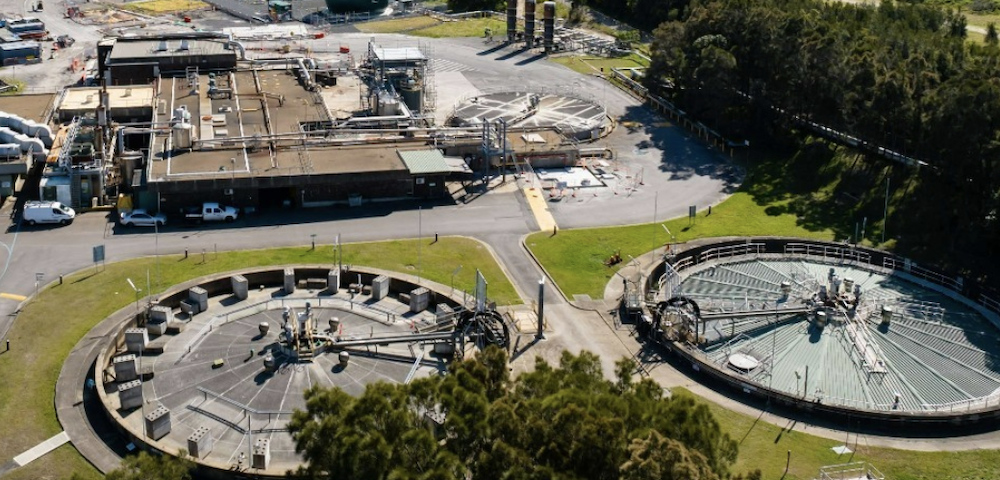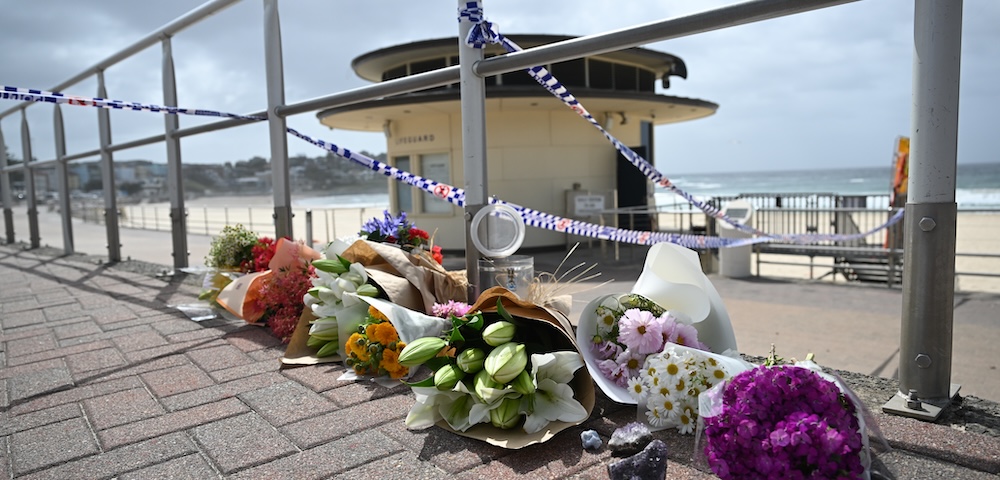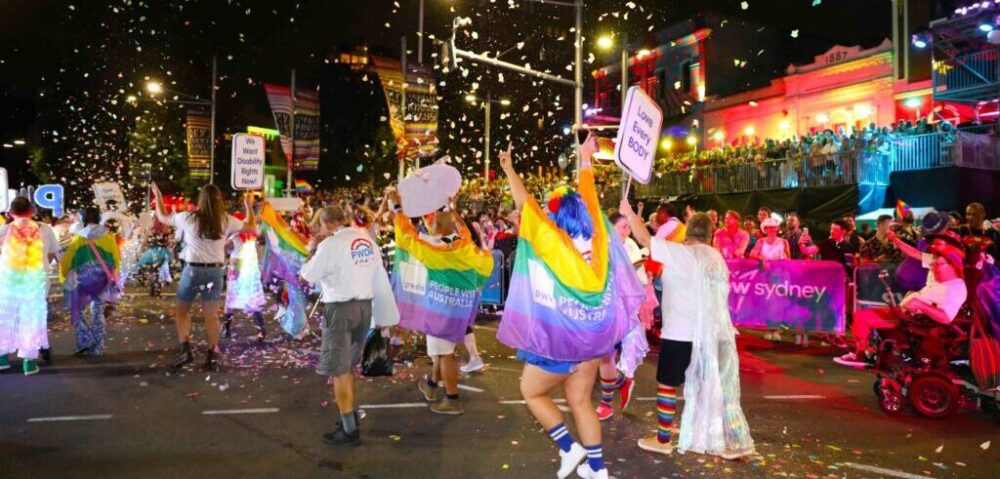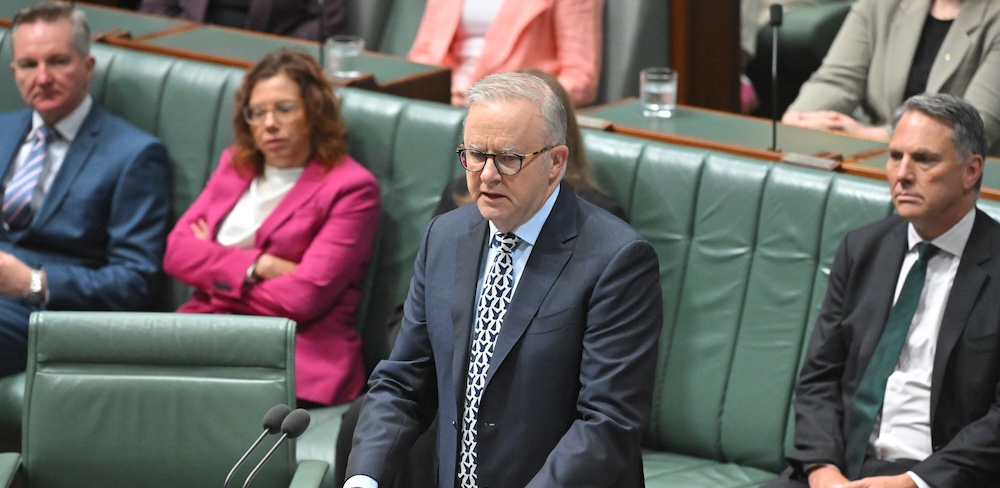

A two-year research project has exposed startling statistics on gender-based violence among young Australian women, aged between 18-28.
Young Women’s Alliance (YWA)’s latest report, ‘Young Minds, Old Biases: The Gender Based Violence Crisis’ examined young people’s relationships, sex lives and experiences of disrespect and violence.
The research aimed to explore the challenges faced by women during the “tumultuous decade” of 18-28, a period marked by major life transitions and increased exposure to diverse types of gender-based violence. The project collected 3000 responses from young Australians over two years.
According to the YWA’s report, 90% of women interviewed view sexual violence and assault as an inevitable part of their lives. Participants described sexual violence or assault as a matter of “when” not “if,” expressing that violence was “synonymous with womanhood.”
CEO and Founder of YWA Rizina Yadav explained the study’s approach to gathering information. Women were presented with six scenarios regarding expectations of sexual violence and/or assault.
“When we asked them to explain why, they said “it already happened”, and they applied selective amnesia to their lives, forgetting, so they could continue; they’d been in situations where it had come very close and there was a disregard for their boundaries or, it had happened to their friends, their sisters, their colleagues,” Yadav said.
One interviewee said: “When my drink was spiked, and I was raped I remember one of the bizarre but strong emotions was gratitude. I was on borrowed time before that. I was grateful that it happened on university break, and I was seeing a psychologist. At least I could handle it somewhat.”
More than 1 in 5 Women Experience Gender-Based Violence
When it comes to young women’s relationships, more than one in five young women, or 21.8% report experiencing gender-based violence. The study used the Gender and Relationship Distress Score, a 12-item measure, designed to assess various measures of distress. The tool evaluates women’s experiences related to pain, abuse, traditional gender roles, justifications of abuse due to love, pressure into sexual activities, and the societal expectation of women to be “sweet” or “soft.”
The National data set reveals a pressing issue in the emotional well-being of young women aged 18-28.
YWA’s submission reported a prevalence in traditional gender roles within heterosexual relationships, with an emphasis on following expected norms and behaviours for each gender in “typically heterosexual, relationship settings.”
The report found that women expressed a higher desire for control in their romantic relationships than men. Women often reported that having a sense of control helped them manage emotional pain, as past experiences where they felt a lack of control led to anxiety, insecurity, and feelings of abandonment.
In contrast, men tended to emphasise the benefits of control, focusing on the freedom to act and make decisions according to their own preferences and timelines.
Intimate Partner Violence
Systemic inequities, exacerbated by demographics, particularly a regional-urban divide in access to essential sex education, with 59.9% of women in remote and regional areas facing severe issues compared to 52.3% in major cities.
Intimate partner violence (IPV) is the greatest contributor to illness, disability and premature death for Australian women aged 25-44.
In 2022-2023, domestic homicide victims made up a staggering 38% of all homicide cases reported to the National Homicide Monitoring Program (NHMP) (84 of approximately 220 victims).
According to data from the Australian Institute of Health and Welfare (AIHW), during the same period, one woman was killed every 11 days by an intimate partner. This frequent and tragic occurrence indicates a disturbing rise in gender-based violence, raising significant concerns about the safety and well-being of individuals in domestic environments.
As of September 12, the activist project Counting Dead Women Australia, which tracks figures based on media-reported crimes, has documented the deaths of 47 women in 2024.
Federal Government allocates $77.6 million for national consent education in relationships
The federal government has announced a $77.6 million investment dedicated to public and non-government schools for age-appropriate and evidence-based lessons on consent across Australia. NSW schools will receive a sizeable portion of the funding, totalling more than $25 million.
The funding will support the delivery of education programs, fostering partnerships between schools and expert organisations, engaging families, and providing professional development for teachers.
Education Minister Jason Clare highlighted that these programs would cultivate positive attitudes towards consent.
“One in five women and one in 16 men in Australia have experienced sexual violence since the age of 15. Sexual violence is a national shame,” he said.
“A range of approaches are needed, and there is a role to play in the classroom to make sure that young people develop healthy relationships.
YWA Founder Rizina Yadav stated that the organisation’s mission is to “turn hopelessness into hope” and “advocacy into action.”
Yadav highlighted the critical focus on the age group of 18-28, a period marked by heightened risks across factors including gender discrimination, sexual assault, political marginalisation, and economic insecurity.



